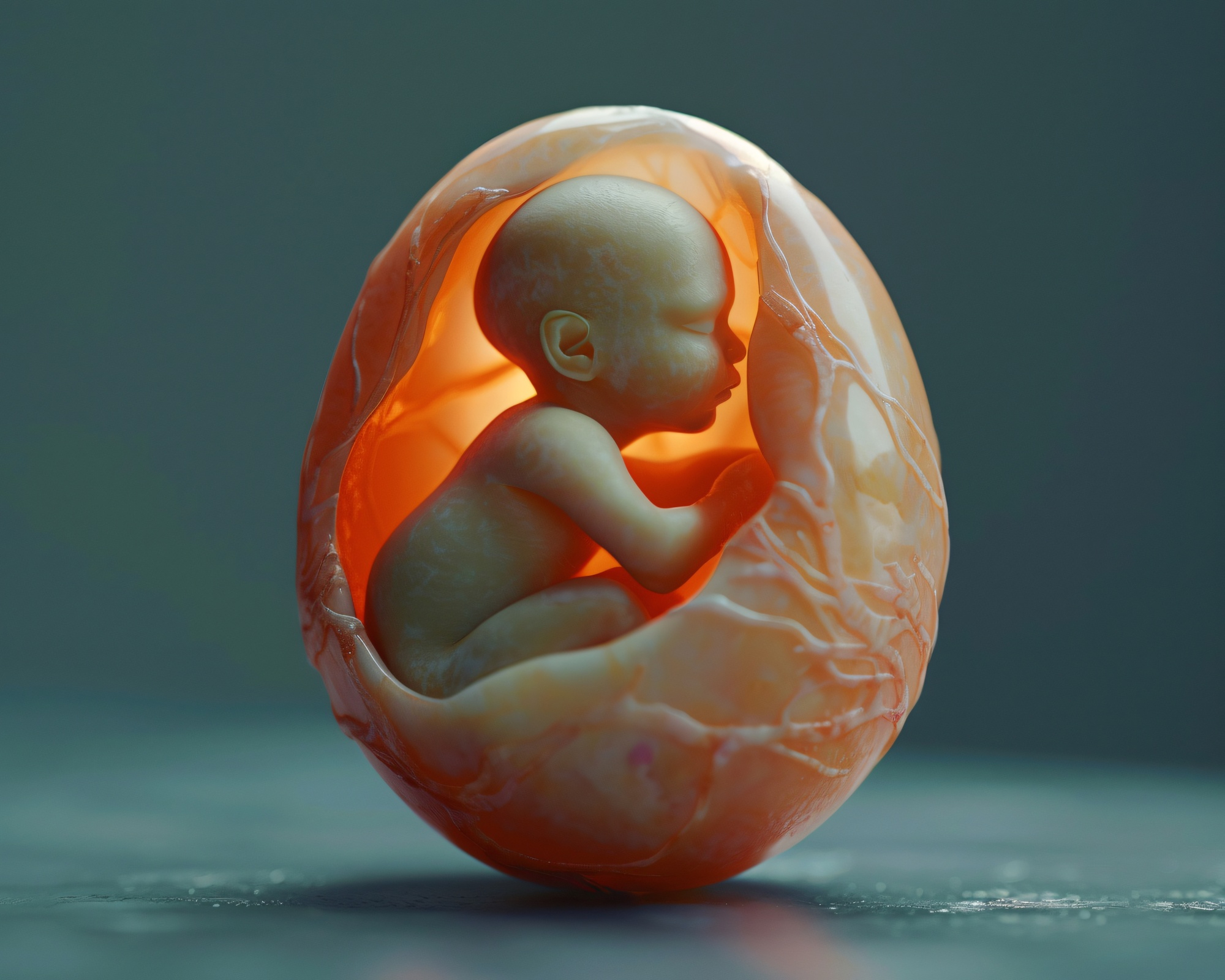Bringing a child into the world is a dream many share, and understanding egg fertility is a crucial part of this journey. At NewHopePoints, we’re committed to guiding you through every step, offering insights and support tailored to your needs.
But sometimes, even with the best efforts, challenges arise that require expert help and intervention.
Understanding Egg Fertility
Egg fertility is a key factor in conception. It’s influenced by numerous elements, including age, lifestyle, and underlying health conditions. Knowing how to maintain and improve egg fertility can significantly enhance your chances of conceiving.
How Can I Increase My Egg Fertility?
Boosting egg fertility involves a combination of lifestyle changes and medical interventions:
- Maintain a Healthy Diet: Eating a balanced diet rich in antioxidants, vitamins, and minerals can support egg health. Foods like leafy greens, berries, nuts, and whole grains are excellent choices.
- Exercise Regularly: Regular physical activity can improve overall health, including reproductive health. Aim for moderate exercise, such as brisk walking or swimming, several times a week.
- Manage Stress: High-stress levels can negatively impact fertility. Practices like yoga, meditation, and mindfulness can help manage stress effectively.
- Avoid Harmful Substances: Reducing or eliminating alcohol, tobacco, and recreational drugs can enhance fertility.
- Consult a Healthcare Provider: Regular check-ups and consultations with fertility specialists can provide personalized advice and treatments to boost fertility.
How Many Eggs Are Left at 30?
Women’s egg reserve, or the number of eggs they have, declines with age. By age 30, a woman typically has around 12% of her maximum egg reserve left. This natural decline is a key reason why fertility decreases with age. Understanding your egg reserve can help you make informed decisions about family planning.

How Can I Check My Eggs’ Fertility?
There are several ways to assess egg fertility:
- AMH Test (Anti-Müllerian Hormone): This blood test measures the level of AMH, a hormone produced by the ovarian follicles. Higher levels indicate a greater number of remaining eggs.
- Antral Follicle Count (AFC): This ultrasound test counts the visible follicles in the ovaries. More follicles generally suggest a higher egg reserve.
- FSH Test (Follicle-Stimulating Hormone): This blood test measures the level of FSH, which stimulates the ovaries to produce eggs. High levels can indicate a lower egg reserve.
- Ovarian Reserve Testing: This includes a combination of tests to assess the quantity and quality of eggs.
What Are the Signs of Poor Egg Quality?
Recognizing signs of poor egg quality can be crucial for early intervention:
- Irregular Menstrual Cycles: This can indicate hormonal imbalances affecting egg quality.
- Difficulty Conceiving: Struggling to conceive after a year of trying may suggest issues with egg quality.
- Miscarriages: Recurrent miscarriages can sometimes be linked to poor egg quality.
- Advanced Maternal Age: Women over 35 may experience a natural decline in egg quality.
Conclusion
Understanding and improving egg fertility is essential for those looking to conceive. Lifestyle changes, medical assessments, and interventions can all play a significant role. However, it’s important to note that NewHopePoints focuses on surrogacy education and support rather than gestational surrogacy services. We are here to provide guidance and resources to help you navigate your fertility journey with confidence and knowledge.
At NewHopePoints, we believe in empowering you with the information and support you need to make the best decisions for your reproductive health. Whether you’re exploring fertility treatments, considering surrogacy, or seeking general advice, we’re here to help every step of the way.
